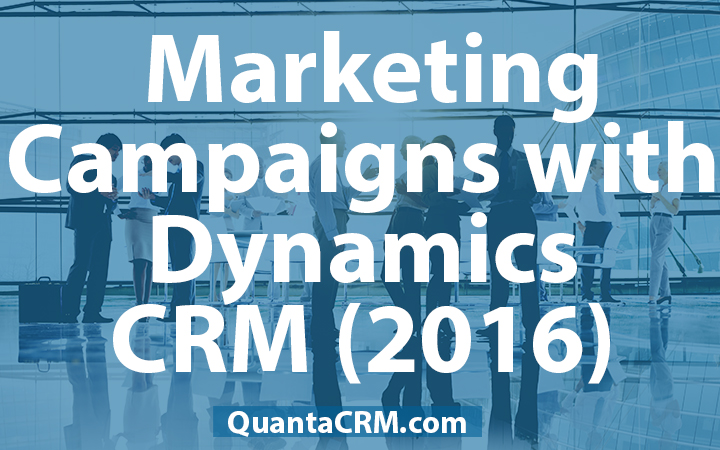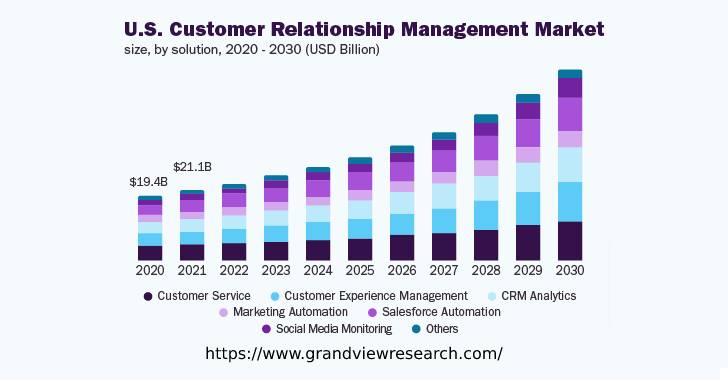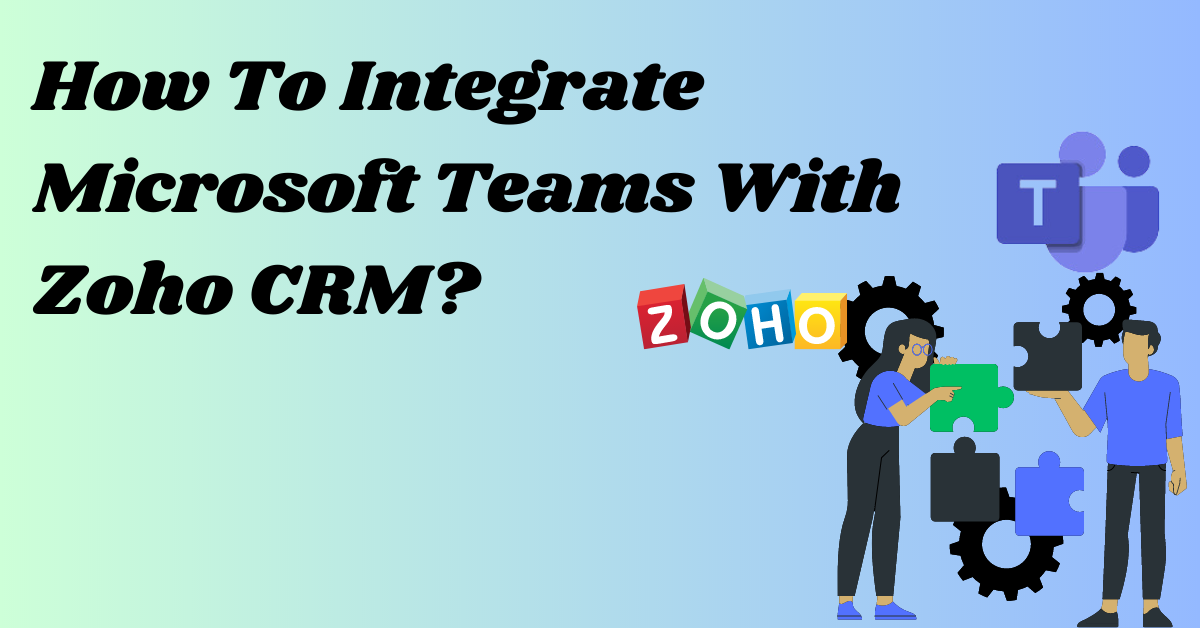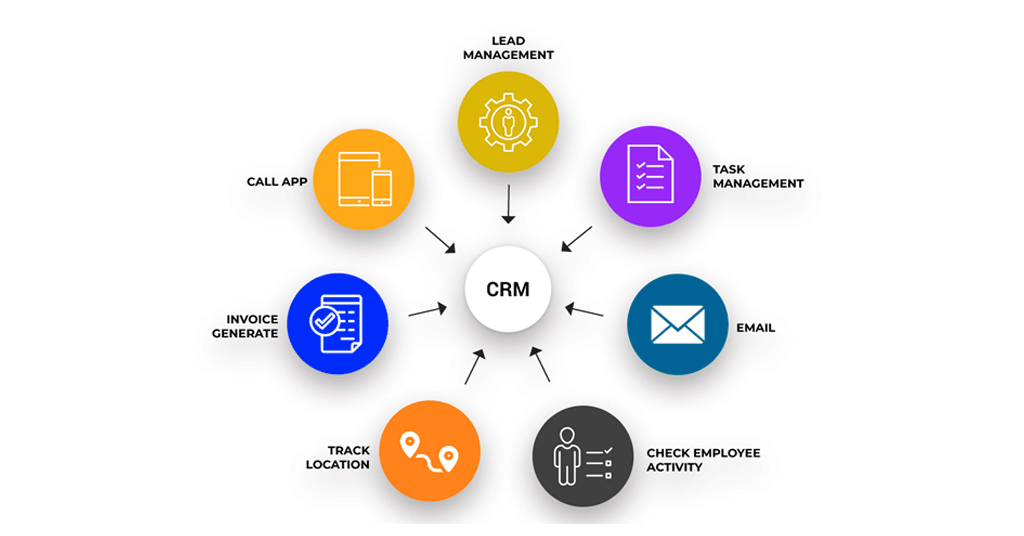
In today’s hyper-competitive business landscape, simply having a Customer Relationship Management (CRM) system isn’t enough. You need to actively leverage your CRM to craft compelling marketing campaigns that resonate with your audience and drive tangible results. This article dives deep into innovative CRM marketing campaign ideas, offering practical strategies and actionable insights to help you transform your CRM into a growth engine. We’ll explore a range of campaign types, from personalized email sequences to targeted social media initiatives, all designed to maximize customer engagement, boost conversions, and foster long-term loyalty.
Understanding the Power of CRM in Marketing
Before we jump into specific campaign ideas, let’s reiterate the fundamental role of CRM in modern marketing. A CRM system isn’t just a database; it’s a centralized hub of customer information, providing a 360-degree view of your customers. This comprehensive understanding is the bedrock upon which successful marketing campaigns are built. Key benefits of using CRM for marketing include:
- Enhanced Customer Understanding: CRM systems store detailed customer data, including demographics, purchase history, communication preferences, and website behavior. This allows you to segment your audience and tailor your messaging for maximum impact.
- Personalized Communication: By understanding individual customer needs and preferences, you can personalize your interactions, making them feel valued and understood. This leads to higher engagement rates and stronger customer relationships.
- Improved Lead Qualification: CRM helps you track lead interactions and behaviors, allowing you to identify and prioritize high-potential leads. This saves time and resources, focusing your efforts on the most promising prospects.
- Automated Workflows: CRM enables you to automate repetitive marketing tasks, such as email marketing, lead nurturing, and social media posting. This frees up your marketing team to focus on more strategic initiatives.
- Data-Driven Decision Making: CRM provides valuable data and analytics on campaign performance, allowing you to track key metrics like open rates, click-through rates, and conversion rates. This data informs your decisions, helping you optimize your campaigns for better results.
CRM Marketing Campaign Ideas: A Comprehensive Guide
Now, let’s explore a range of CRM marketing campaign ideas, categorized for clarity and ease of implementation. We’ll cover campaigns for various stages of the customer journey, from attracting new leads to nurturing existing customers and re-engaging lapsed ones.
1. Lead Generation Campaigns
Generating high-quality leads is the lifeblood of any business. CRM can be instrumental in attracting and nurturing potential customers. Here are some lead generation campaign ideas:
- Targeted Content Offers: Create valuable content, such as eBooks, white papers, webinars, and checklists, that addresses your target audience’s pain points. Promote these offers through targeted landing pages and social media campaigns. When leads download the content, capture their information in your CRM.
- Interactive Quizzes and Assessments: Develop engaging quizzes or assessments that help prospects understand their needs and identify potential solutions. Use the results to personalize follow-up communication and offer relevant products or services.
- Free Trials and Demos: Offer free trials or product demos to allow potential customers to experience your product or service firsthand. Track their usage and engagement within your CRM to identify qualified leads and provide personalized onboarding support.
- Referral Programs: Incentivize existing customers to refer new leads by offering rewards or discounts. Track referrals through your CRM to measure the success of your program and identify your most valuable advocates.
2. Lead Nurturing Campaigns
Not every lead is ready to buy immediately. Lead nurturing campaigns aim to build relationships with potential customers and move them through the sales funnel. Here are some effective lead nurturing strategies:
- Automated Email Sequences: Create a series of automated emails that deliver valuable content and information to leads over time. Segment your audience based on their interests, behaviors, and lead source to personalize the content and increase engagement.
- Personalized Website Experiences: Use your CRM data to personalize the content and offers displayed on your website. This can include displaying relevant product recommendations, tailoring the website copy, and dynamically adjusting the call-to-actions.
- Targeted Social Media Ads: Run targeted social media ad campaigns to nurture leads with specific content and offers. Segment your audience based on their CRM data, such as demographics, interests, and past interactions, to ensure your ads are relevant and effective.
- Webinar Invitations: Host webinars on topics of interest to your target audience. Invite leads to attend the webinar and provide them with valuable insights and information. Follow up with attendees after the webinar to answer their questions and offer additional resources.
3. Customer Onboarding Campaigns
The onboarding process is crucial for setting new customers up for success and ensuring they become loyal advocates. Here are some onboarding campaign ideas:
- Welcome Emails: Send a welcome email to new customers, introducing your brand and providing helpful resources. Personalize the email with the customer’s name and highlight their specific needs or interests.
- Onboarding Tutorials and Guides: Provide new customers with access to tutorials, guides, and other resources that help them understand how to use your product or service. Track their engagement with these resources to identify any areas where they may need additional support.
- Personalized Product Recommendations: Based on their purchase history and browsing behavior, recommend relevant products or services to new customers. This can help them discover additional value and increase their lifetime value.
- Check-in Emails: Send check-in emails to new customers to see how they’re doing and offer assistance. This demonstrates that you care about their success and are committed to providing them with the support they need.
4. Customer Engagement Campaigns
Keeping your existing customers engaged is essential for building long-term loyalty and driving repeat business. Here are some customer engagement campaign ideas:
- Personalized Email Newsletters: Send personalized email newsletters to customers with relevant content, product updates, and exclusive offers. Segment your audience based on their interests and purchase history to make the newsletters more engaging.
- Loyalty Programs: Implement a loyalty program to reward customers for their repeat business. Offer points, discounts, or other perks to incentivize them to make additional purchases.
- Exclusive Events and Webinars: Host exclusive events or webinars for your loyal customers. This provides them with valuable insights and opportunities to connect with your brand and other customers.
- Customer Surveys and Feedback: Regularly solicit feedback from your customers through surveys and other channels. Use this feedback to improve your products, services, and customer experience.
5. Cross-Selling and Upselling Campaigns
Cross-selling and upselling campaigns are designed to increase the average order value and revenue per customer. Here are some effective strategies:
- Product Recommendations: Based on a customer’s purchase history, recommend related products or upgrades. This can be done through personalized emails, website banners, or in-app prompts.
- Bundle Offers: Create bundles of products or services at a discounted price. This encourages customers to purchase multiple items and increases the average order value.
- Upgrade Offers: Offer customers the opportunity to upgrade to a higher-tier product or service. Highlight the benefits of the upgrade and explain how it can meet their evolving needs.
- Personalized Promotions: Target customers with personalized promotions based on their past purchases, browsing behavior, and demographics. This increases the likelihood that they will take advantage of the offer.
6. Win-Back Campaigns
Losing customers is inevitable, but win-back campaigns can help you re-engage lapsed customers and bring them back into the fold. Here are some win-back campaign ideas:
- Re-engagement Emails: Send a series of re-engagement emails to lapsed customers, reminding them of the value of your product or service. Offer a special discount or incentive to encourage them to make another purchase.
- Exclusive Offers for Lapsed Customers: Create exclusive offers specifically for lapsed customers to entice them to return. This could include free shipping, a special discount, or a complimentary product.
- Surveys to Understand Why Customers Left: Send a survey to lapsed customers to understand why they left. Use this feedback to improve your products, services, and customer experience.
- Personalized Communication Based on Past Behavior: Tailor your win-back messaging based on the customer’s past behavior and purchase history. This will make the communication more relevant and increase the likelihood of a positive response.
Implementing CRM Marketing Campaigns: Best Practices
Implementing effective CRM marketing campaigns requires more than just having a CRM system. It involves careful planning, execution, and ongoing optimization. Here are some best practices to keep in mind:
- Define Your Goals: Before launching any campaign, clearly define your goals. What do you want to achieve? Increase leads, boost sales, improve customer loyalty? Having clear goals will help you measure the success of your campaigns.
- Segment Your Audience: Don’t treat all customers the same. Segment your audience based on demographics, purchase history, behavior, and other relevant factors. This allows you to personalize your messaging and increase engagement.
- Personalize Your Messaging: Use the data in your CRM to personalize your messaging. Address customers by name, reference their past purchases, and tailor your offers to their specific needs and interests.
- Automate Where Possible: Automate repetitive tasks, such as email marketing and lead nurturing, to save time and resources. Use your CRM’s automation features to streamline your marketing workflows.
- Test and Optimize Your Campaigns: Continuously test and optimize your campaigns. Experiment with different subject lines, content, offers, and calls-to-action to see what resonates best with your audience.
- Track Your Results: Track the results of your campaigns using your CRM’s analytics features. Monitor key metrics, such as open rates, click-through rates, conversion rates, and customer lifetime value.
- Integrate with Other Tools: Integrate your CRM with other marketing tools, such as email marketing platforms, social media management tools, and website analytics platforms. This will allow you to gain a more holistic view of your customer data.
- Ensure Data Privacy and Compliance: Always comply with data privacy regulations, such as GDPR and CCPA. Be transparent about how you collect and use customer data, and give customers the option to opt-out of marketing communications.
- Train Your Team: Ensure your marketing team is properly trained on how to use your CRM system and implement effective marketing campaigns. Provide ongoing training and support to help them stay up-to-date on the latest best practices.
Choosing the Right CRM System
The success of your CRM marketing campaigns depends, in part, on choosing the right CRM system. There are many CRM systems available, each with its own strengths and weaknesses. Consider the following factors when selecting a CRM system:
- Features: Does the system offer the features you need, such as lead management, contact management, sales automation, marketing automation, and reporting?
- Scalability: Can the system scale to meet your future needs as your business grows?
- Integrations: Does the system integrate with your existing marketing tools and other business systems?
- Ease of Use: Is the system easy to use and navigate?
- Cost: Is the system affordable for your budget?
- Customer Support: Does the vendor offer adequate customer support and training?
Popular CRM systems include:
- Salesforce: A comprehensive CRM platform suitable for businesses of all sizes.
- HubSpot CRM: A free and user-friendly CRM platform with powerful marketing automation features.
- Zoho CRM: A versatile CRM system with a wide range of features and integrations.
- Microsoft Dynamics 365: A robust CRM platform that integrates with other Microsoft products.
- Pipedrive: A sales-focused CRM system designed for small and medium-sized businesses.
Measuring the Success of Your CRM Marketing Campaigns
Measuring the success of your CRM marketing campaigns is crucial for understanding what’s working and what needs improvement. Here are some key metrics to track:
- Lead Generation: Track the number of leads generated by each campaign, as well as the cost per lead.
- Conversion Rates: Measure the conversion rates at each stage of the sales funnel, from leads to opportunities to customers.
- Customer Acquisition Cost (CAC): Calculate the cost of acquiring a new customer.
- Customer Lifetime Value (CLTV): Estimate the total revenue a customer will generate over their relationship with your business.
- Return on Investment (ROI): Calculate the ROI of your marketing campaigns to determine their profitability.
- Customer Engagement: Track metrics such as open rates, click-through rates, website traffic, and social media engagement.
- Customer Satisfaction: Measure customer satisfaction through surveys, feedback forms, and other channels.
By tracking these metrics, you can gain valuable insights into the performance of your campaigns and make data-driven decisions to optimize your results.
Conclusion: Unleashing the Power of CRM for Marketing Success
CRM marketing campaigns are essential for businesses seeking to build strong customer relationships, drive revenue growth, and gain a competitive edge. By leveraging the power of CRM, businesses can personalize their interactions, automate their workflows, and make data-driven decisions. The campaign ideas and best practices outlined in this article provide a roadmap for businesses of all sizes to develop and implement effective CRM marketing strategies. Remember to define your goals, segment your audience, personalize your messaging, and continuously test and optimize your campaigns. By embracing the power of CRM, you can unlock the full potential of your marketing efforts and achieve sustainable business success.
Implementing these ideas and staying adaptable to the ever-evolving digital landscape will ensure your CRM marketing campaigns are not only effective but also future-proof. Remember that consistent analysis, a keen understanding of your customer base, and a commitment to providing value are the cornerstones of any successful CRM strategy. By continuously refining your approach, you can transform your CRM into a powerful engine for growth, driving customer loyalty and ultimately, business prosperity. The journey may require effort, but the rewards – increased customer engagement, higher conversion rates, and lasting customer relationships – are well worth it.



